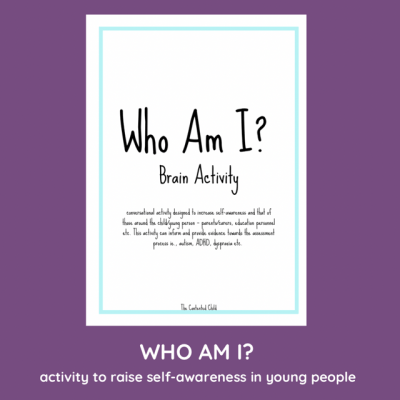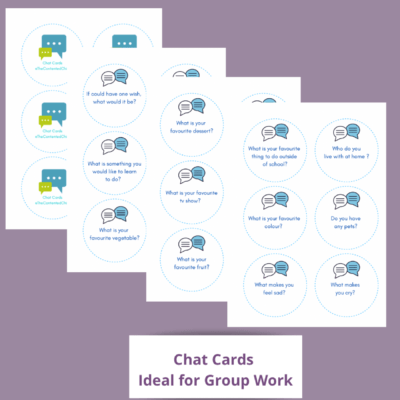Description
Social skills are the abilities that enable individuals to interact and communicate effectively with others. They encompass a range of competencies, including verbal communication, non-verbal communication (such as body language), empathy, cooperation, conflict resolution, and the ability to form and maintain relationships.
For children, developing strong social skills is crucial for several reasons:
Emotional Development
Social skills help children understand and manage their own emotions and recognize the emotions of others, fostering empathy and emotional intelligence.
Academic Success
Good social skills contribute to a positive classroom environment, encouraging teamwork, effective communication with teachers and peers, and increased participation in group activities, all of which can enhance academic performance.
Building Relationships
Children learn to make friends, resolve conflicts, and work collaboratively, which are essential for forming lasting relationships and developing a support system.
Social Competence
Skilled social interactions lead to increased self-esteem and confidence. Children who feel competent in social situations are more likely to engage in social activities and take on new challenges.
Long-term Outcomes
Strong social skills are linked to better mental health, reduced risks of behavioural problems, and improved job prospects in adulthood.
Overall, social skills are fundamental for a child’s holistic development, impacting their emotional, cognitive, and social wellbeing.
This comprehensive audit tool captures the individual child’s profile and can inform support needed as well as targets. It also serves as evidence for assessment (for instance, autism).





